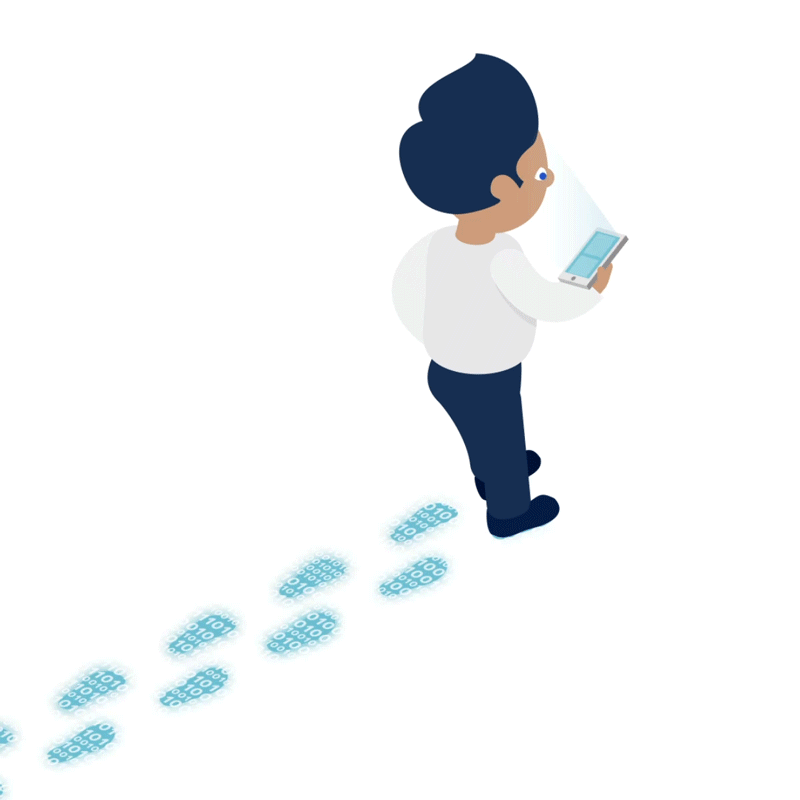There is no doubt that the media contributes significantly to the framing and shaping of our children as powerless victims. Instead of viewing the internet and the digital world as a harmful invention in our society, I feel we should be discussing them in a positive way. As a result, instructors and schools should aid their students in developing a digital footprint. In the following paragraphs, I agree with the concept that will be discussed at the end.

Commencing with the importance of digital footprint. A digital footprint is your online identity and personality, and it is what distinguishes you from others. It’s about establishing an online reputation, or making an impression, based on what you do online. It is critical to be aware of this because anything placed online is permanent and cannot be erased. You leave a digital footprint, which is a trail of information, when you use the internet. I found this article” https://www.commonsense.org/education/digital-citizenship/lesson/the-power-of-digital-footprints” very informative as it explains, how as an educator we can help our students in developing their digital identity!
This article also explains about student’s have to learn about their privacy policies and respect other’s privacy online when tagging, posting, or copying other’ personal information.

Students must learn about their digital identities, and teachers must adapt their approach to include ethical technology use. We should improve students’ understanding of their digital footprints and encourage them to make educated decisions about the information they create and share online. as an educator, we can Create online communities using Discord, Google Classroom, or a blog platform, and ask students to consider what it means to be a member of one. Encourage them to share their work with a larger audience by publishing it. Their photos, films, and blog articles should all convey a compelling tale about them. Etiquette, respect, and empathy are social and emotional characteristics that should be displayed both online and offline. Invite students to participate in online discussions and offer feedback. Nextly, educators must ensure that their students have the skills to become contributing member of society working in their chosen field, where as teachers give them content knowledge and skills but think about their online activities. Hence, they can have on their ability to achieve those goals. Moreover, teachers not only need more information on this topic but should also have a solid lesson plan in place to educate their students about online activity, because I feel students that not have any online identity can be also be detrimental for themselves. Therefore, for limit the potential for negative consequences, we have to encourage our students to create their professional online identities.
To recapitulate, I believe, although Digital footprints are beneficial for students, it is the responsibility of educators as well as schools to help them for developing digital footprints.
Great post! I really like your comment on how teachers need to include ethical technology use. Often we just pass out the laptops or tablets with a brief run down of online safety, but we rarely mention how everything they do is being tracked. I had a recent incident where a student did not log out and someone used his digital identity to leave foot prints in some very not safe for school sites. It’s not something he will forget and it is now something I will use to remind students how their virtual identity can be attached to their real world persona.
Hi Lovepreet,
I think that you are right, there can certainly be benefits of using social media and technology for learning. It can be used as a tool for many purposes, however, as you mentioned students need to learn how to use it ethically and responsibly. Thanks for sharing your perspective!